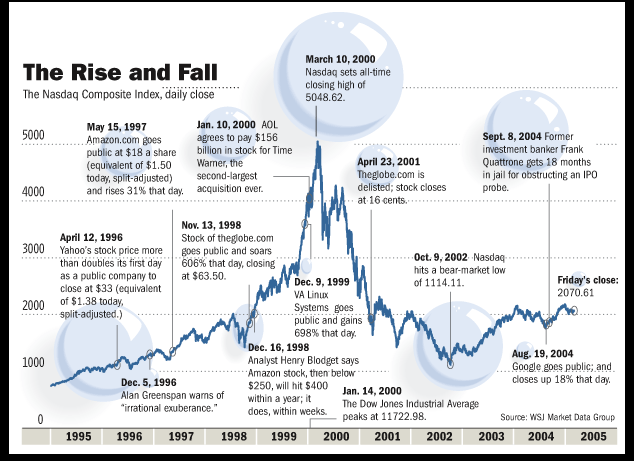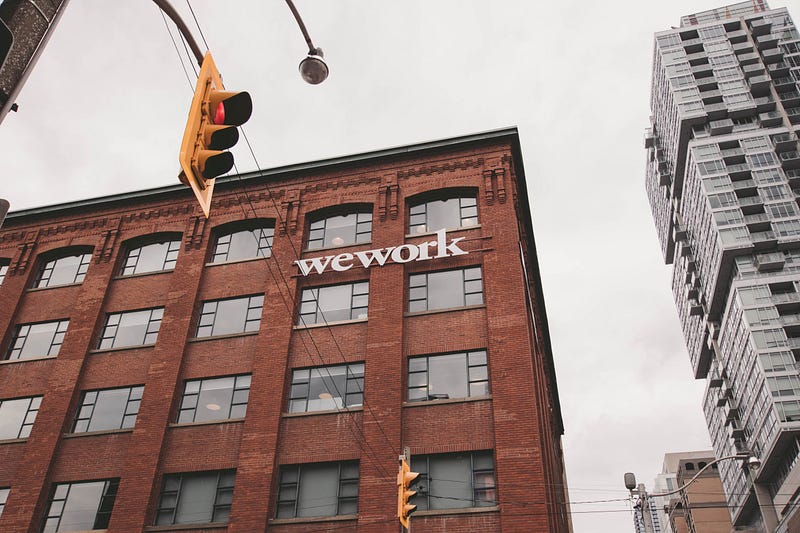Twenty years ago, on 11/19/99, I sold my first startup. It was a technology company selling something called “Java Beans.”
My four co-founders and I had a life-changing experience when a company called BEA Systems acquired our company for over $100M.
We were excited not just for our own lives, but the way it would positively change the lives of our employees. I still remember one couple telling me how they remodeled their home from the windfall.
Around the same time, the world was experiencing the growth of the “dot-com” era. Countless companies were being launched with a vision to disrupt every business with online versions.
Companies of the dot-com boom included Pets.com (pet industry), Priceline, Kozmo.com (an early version of Postmates that would deliver anything to your home), and Webvan.com (an online grocery store with their own delivery trucks). During this time, businesses were going public so fast; you could quickly lose count.

What was even scarier about this time was how these companies had almost no revenue or profit to be found. It was the first time in history that companies were raising money from the public for essentially “vaporware.” A new metric, “eyeballs,” replaced traditional fundamentals used to measure a company’s performance!
As Brian McCullough writes in an eye-opening article, “By 1999, losing money was the mark of a successful dot-com. And few could lose money as prolifically or creatively as Priceline. The head of a rival website named CheapTickets complained that his company couldn’t compete with Priceline’s hype. ‘We’ve got a policy here at CheapTickets,’ founder Michael Hartley groused. ‘We need to make money. It hurts our valuation.’”
(Wow.)
Over the last year, we’ve seen history repeat itself as a stampede of unicorns rushed to go public. Companies like Lyft, Uber, Peloton, all went public while posting billions of dollars of losses.
Recently, the market had its fill and said enough.

By now, the colossal failure of WeWork’s attempt to go public is a ubiquitous story. It is another example of what happens when a company — fueled by a glut of capital — replaces its fundamentals with ego, vanity metrics, and growth at any cost.
Surprisingly, the venture capital industry — which fuels this behavior — is now tooting a new horn, “you gotta grow and do it profitably.”
(Who knew?)
This unfolding saga, we should call, “WeFailure,” reminds me of something I often say to new entrepreneurs:
“Never measure your company’s success by how much money you raise.”
How much money you raise isn’t the measure of a company’s success.
Your customer’s response to the product, your real revenue, and your ability to generate real profit (from your operations) is the only real measure.
Any other measurement is an exercise in selling what Adam Neumann, the WeWork co-founder, and CEO, called “community.”
(Another name for vaporware.)
In the end, though, only one community suffers, the employees.
As WeWork is learning, when disaster strikes, there is only one way to treat the team.
With respect.


